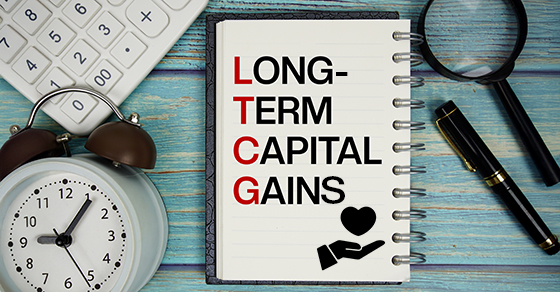Is a QTIP Trust Right for Your Blended Family?
As a spouse and parent, you have the challenge of ensuring your spouse is provided for after your death while making certain there are assets left for your children’s inheritances. A qualified terminable interest property (QTIP) trust may be the answer.
Is a QTIP Trust Right for Your Blended Family? Read More »








